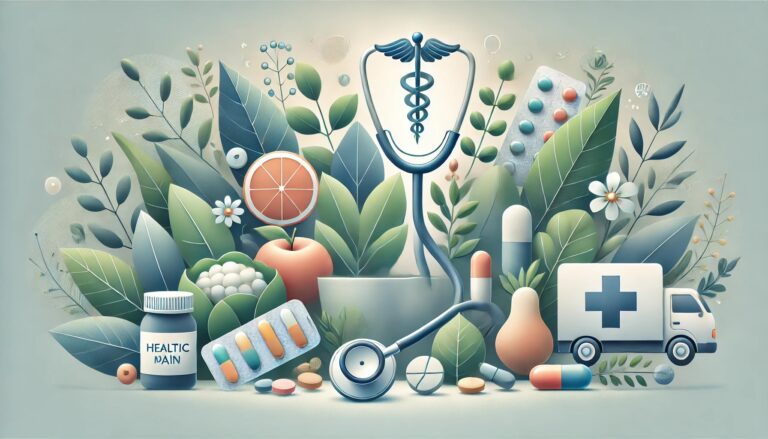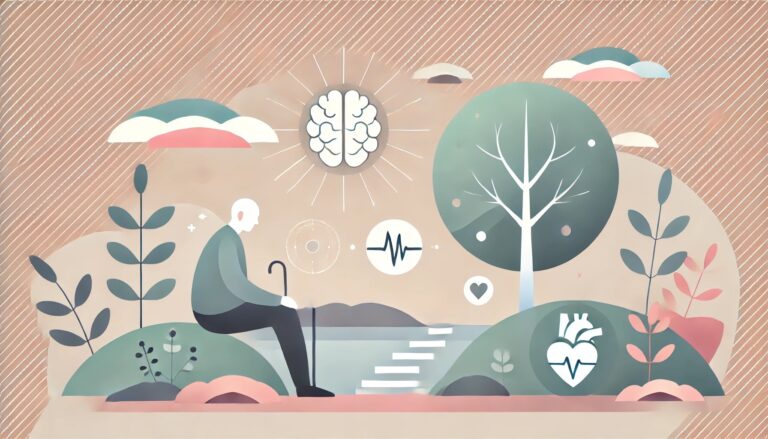Cardiovascular disease (CVD) is often referred to as the “silent killer” that poses a significant threat to global health. According to the World Health Organization (WHO), approximately 18 million people die from cardiovascular diseases annually, accounting for 31% of all deaths worldwide. These diseases not only shorten life expectancy but also significantly diminish the quality of life for patients. However, cardiovascular diseases are largely preventable. By adopting healthier lifestyles and habits, most risks can be effectively managed.
The Hidden Dangers of Cardiovascular Disease
Cardiovascular diseases often develop silently, with many individuals realizing the severity of their condition only after symptoms appear. Mr. Wang’s story serves as a typical example. At 40 years old, he was a high-ranking executive often working late nights. One day, during a meeting, he experienced chest tightness and heart palpitations. He was rushed to the hospital and diagnosed with acute myocardial infarction. Doctors attributed his condition to prolonged stress, unhealthy eating habits, and a lack of physical activity. While emergency treatment saved his life, he faced substantial financial and emotional costs during his recovery.
The frightening aspect of cardiovascular disease is not just its direct impact on heart function but also the severe complications it can trigger, such as strokes and kidney failure. Understanding the risk factors and taking proactive measures are therefore critical.
Diet: The Foundation of a Healthy Heart
“Eating healthy” is not just a slogan—it’s the cornerstone of cardiovascular health. Studies show that foods rich in dietary fiber can significantly lower cholesterol levels, reducing the risk of arterial sclerosis. Incorporating oatmeal, whole grains, legumes, and leafy green vegetables into daily meals can help clear out “bad” cholesterol from the bloodstream.
Take the example of Ms. Zhang, a 55-year-old woman diagnosed with high blood pressure and high cholesterol. Following her doctor’s advice, she adjusted her diet by reducing red meat consumption and increasing her intake of fish and vegetables. After six months, her cholesterol levels dropped significantly, and her blood pressure stabilized.
Antioxidant-rich foods also play a vital role in protecting blood vessels. Foods like blueberries, nuts, and olive oil contain polyphenols that combat inflammation and prevent arterial damage. Conversely, high-salt, high-sugar, and trans-fat-rich diets increase the risk of high blood pressure and arterial hardening. For instance, many people have a habit of consuming excessive salt, which silently elevates blood pressure. Gradually reducing salt intake and substituting it with herbs and spices is an effective way to protect cardiovascular health.
Exercise: A Potent Remedy for Cardiovascular Health
Regular physical activity not only enhances cardiorespiratory fitness but also promotes blood circulation and improves vascular elasticity. Research shows that 150 minutes of moderate-intensity aerobic exercise per week can significantly reduce the risk of coronary heart disease and stroke.
Mr. Liu’s experience is a testament to this. At age 50, he was hospitalized for high blood pressure. His doctor recommended daily brisk walks for 40 minutes, supplemented with light strength training. Initially skeptical, he noticed remarkable changes after three months: his blood pressure dropped from 150/95 mmHg to a healthy 120/80 mmHg, and his overall energy levels improved significantly.
Choosing the right type of exercise depends on individual fitness levels. Low-impact activities like brisk walking, jogging, swimming, and cycling are suitable for most people, while yoga and tai chi are particularly beneficial for urban dwellers dealing with stress. These exercises not only strengthen the body but also provide a mental buffer against anxiety, creating an additional layer of protection for heart health.
Lifestyle Habits: Good Practices Are Better Than Good Medicines
Beyond diet and exercise, cultivating healthy lifestyle habits is another essential step in safeguarding cardiovascular health. Quitting smoking and limiting alcohol consumption are two of the most direct actions one can take. The harmful substances in tobacco damage the inner walls of blood vessels, while excessive alcohol consumption can lead to high blood pressure and arrhythmias. Studies reveal that one year after quitting smoking, the risk of coronary heart disease decreases by 50%; after five years, the risk is nearly the same as that of a non-smoker.
Another often-overlooked habit is maintaining regular sleep patterns and getting adequate rest. Sleep deprivation can lead to hormonal imbalances, increasing the likelihood of cardiovascular disease. In today’s fast-paced society, many people sacrifice sleep due to work pressures or recreational activities, creating significant health risks. Adjusting sleep schedules to ensure 7-9 hours of quality sleep each night aids in physical recovery and supports heart health.
Mental Health: Managing Emotions for a Healthier Heart
Mental health and cardiovascular health are closely intertwined. Prolonged anxiety and depression not only directly harm the heart but also lead to unhealthy habits, such as overeating or avoiding exercise. Research shows that excessive secretion of stress hormones like cortisol can elevate blood pressure and increase the risk of cardiovascular diseases.
Take the case of Ms. Li, a young corporate employee who developed anxiety due to work-related stress and began experiencing chest tightness and heart palpitations. Following advice from a mental health professional, she started practicing meditation and deep-breathing exercises for 15 minutes daily. Over time, her anxiety diminished, and her cardiovascular symptoms gradually disappeared.
Building a strong social support network is another effective way to relieve stress. Interacting with family and friends provides emotional support, making it easier to cope with life’s challenges. This support not only benefits mental health but also indirectly reduces cardiovascular risks.
Regular Checkups: Early Detection and Intervention
Many cardiovascular diseases exhibit no obvious symptoms in their early stages, making regular checkups the best strategy for prevention and early detection. Key metrics to monitor include blood pressure, cholesterol, and blood sugar levels, along with electrocardiogram results. Any abnormalities should prompt immediate consultation with a healthcare provider.
Ms. Li, a schoolteacher, discovered mild hyperlipidemia during her annual health checkup. Following her doctor’s advice, she modified her diet and incorporated regular exercise. Within six months, her health indicators returned to normal levels. She was grateful for the early discovery, as it potentially prevented more severe complications.
Conclusion
Cardiovascular health is deeply connected to our daily lives. By embracing a nutritious diet, engaging in regular exercise, adopting healthy habits, and managing stress, we can significantly reduce the risk of cardiovascular diseases. Regular health checkups further enable us to understand our physical condition and address potential problems early.
No matter your age, taking steps to improve cardiovascular health today is a worthwhile investment in your future. After all, a healthy heart is the cornerstone of a happy and fulfilling life.




















